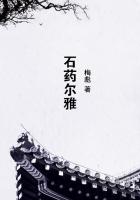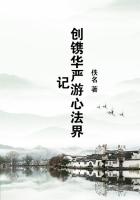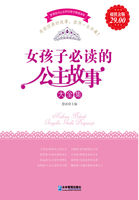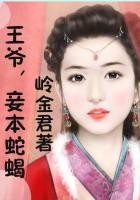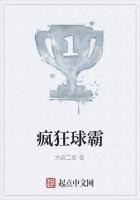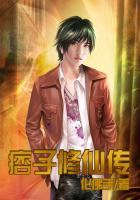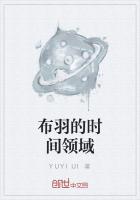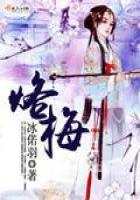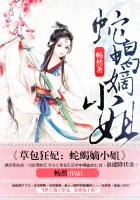[Ts`ao Kung defines the Chinese word translated here as "cowardice" as being of the man "whom timidity prevents from advancing to seize an advantage," and Wang Hsi adds "who is quick to flee at the sight of danger." Meng Shih gives the closer paraphrase "he who is bent on returning alive," this is, the man who will never take a risk. But, as Sun Tzu knew, nothing is to be achieved in war unless you are willing to take risks. T`ai Kung said: "He who lets an advantage slip will subsequently bring upon himself real disaster." In 404 A.D., Liu Yu pursued the rebel Huan Hsuan up the Yangtsze and fought a naval battle with him at the island of Ch`eng-hung. The loyal troops numbered only a few thousands, while their opponents were in great force.
But Huan Hsuan, fearing the fate which was in store for him should be be overcome, had a light boat made fast to the side of his war-junk, so that he might escape, if necessary, at a moment's notice. The natural result was that the fighting spirit of his soldiers was utterly quenched, and when the loyalists made an attack from windward with fireships, all striving with the utmost ardor to be first in the fray, Huan Hsuan's forces were routed, had to burn all their baggage and fled for two days and nights without stopping. Chang Yu tells a somewhat similar story of Chao Ying-ch`i, a general of the Chin State who during a battle with the army of Ch`u in 597 B.C. had a boat kept in readiness for him on the river, wishing in case of defeat to be the first to get across.]
(3) a hasty temper, which can be provoked by insults;[Tu Mu tells us that Yao Hsing, when opposed in 357 A.D. by Huang Mei, Teng Ch`iang and others shut himself up behind his walls and refused to fight. Teng Ch`iang said: "Our adversary is of a choleric temper and easily provoked; let us make constant sallies and break down his walls, then he will grow angry and come out. Once we can bring his force to battle, it is doomed to be our prey." This plan was acted upon, Yao Hsiang came out to fight, was lured as far as San-yuan by the enemy's pretended flight, and finally attacked and slain.]
(4) a delicacy of honor which is sensitive to shame;[This need not be taken to mean that a sense of honor is really a defect in a general. What Sun Tzu condemns is rather an exaggerated sensitiveness to slanderous reports, the thin-skinned man who is stung by opprobrium, however undeserved. Mei Yao-ch`en truly observes, though somewhat paradoxically: "The seek after glory should be careless of public opinion."]
(5) over-solicitude for his men, which exposes him to worry and trouble.
[Here again, Sun Tzu does not mean that the general is to be careless of the welfare of his troops. All he wishes to emphasize is the danger of sacrificing any important military advantage to the immediate comfort of his men. This is a shortsighted policy, because in the long run the troops will suffer more from the defeat, or, at best, the prolongation of the war, which will be the consequence. A mistaken feeling of pity will often induce a general to relieve a beleaguered city, or to reinforce a hard-pressed detachment, contrary to his military instincts. It is now generally admitted that our repeated efforts to relieve Ladysmith in the South African War were so many strategical blunders which defeated their own purpose. And in the end, relief came through the very man who started out with the distinct resolve no longer to subordinate the interests of the whole to sentiment in favor of a part. An old soldier of one of our generals who failed most conspicuously in this war, tried once, I remember, to defend him to me on the ground that he was always "so good to his men." By this plea, had he but known it, he was only condemning him out of Sun Tzu's mouth.]
13. These are the five besetting sins of a general, ruinous to the conduct of war.
14. When an army is overthrown and its leader slain, the cause will surely be found among these five dangerous faults.
Let them be a subject of meditation.
[1] "Marshal Turenne," p. 50.
IX. THE ARMY ON THE MARCH
[The contents of this interesting chapter are better indicated in ss. 1 than by this heading.]
1. Sun Tzu said: We come now to the question of encamping the army, and observing signs of the enemy. Pass quickly over mountains, and keep in the neighborhood of valleys.
[The idea is, not to linger among barren uplands, but to keep close to supplies of water and grass. Cf. Wu Tzu, ch. 3:
"Abide not in natural ovens," i.e. "the openings of valleys."Chang Yu tells the following anecdote: Wu-tu Ch`iang was a robber captain in the time of the Later Han, and Ma Yuan was sent to exterminate his gang. Ch`iang having found a refuge in the hills, Ma Yuan made no attempt to force a battle, but seized all the favorable positions commanding supplies of water and forage.
Ch`iang was soon in such a desperate plight for want of provisions that he was forced to make a total surrender. He did not know the advantage of keeping in the neighborhood of valleys."]
2. Camp in high places,[Not on high hills, but on knolls or hillocks elevated above the surrounding country.]
facing the sun.
[Tu Mu takes this to mean "facing south," and Ch`en Hao "facing east." Cf. infra, SS. 11, 13.
Do not climb heights in order to fight. So much for mountain warfare.
3. After crossing a river, you should get far away from it.
["In order to tempt the enemy to cross after you," according to Ts`ao Kung, and also, says Chang Yu, "in order not to be impeded in your evolutions." The T`UNG TIEN reads, "If THE ENEMYcrosses a river," etc. But in view of the next sentence, this is almost certainly an interpolation.]
4. When an invading force crosses a river in its onward march, do not advance to meet it in mid-stream. It will be best to let half the army get across, and then deliver your attack.
[Li Ch`uan alludes to the great victory won by Han Hsin over Lung Chu at the Wei River. Turning to the CH`IEN HAN SHU, ch.


